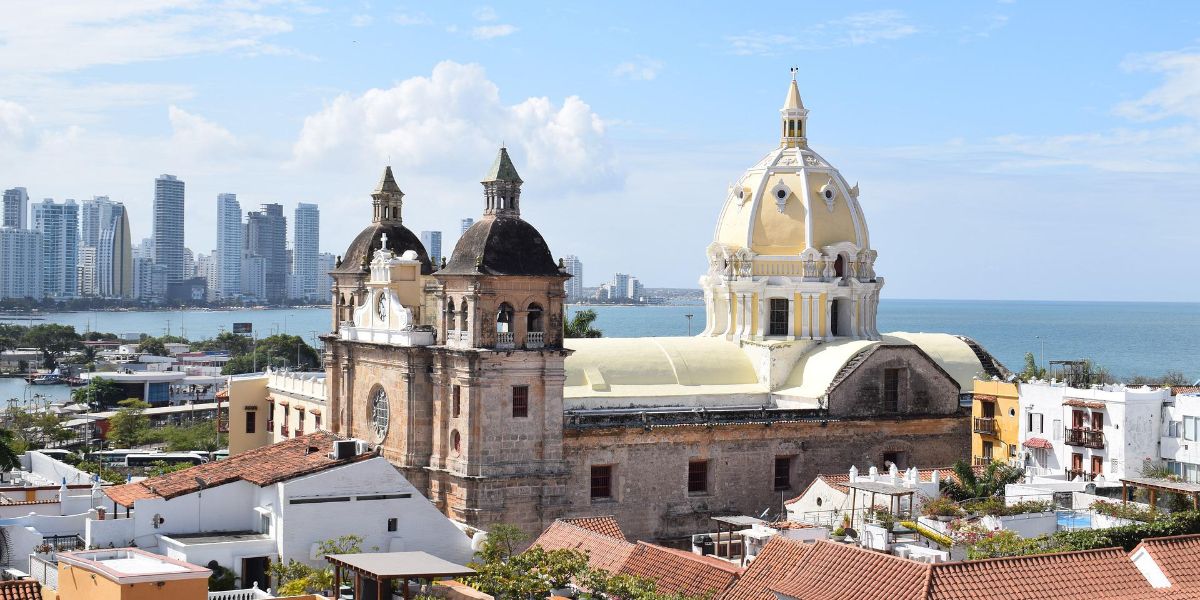Colombia’s Ministry of Finance presented a tax reform bill to Congress proposing several key changes to the country’s tax system on 10 September 2024. One of the main changes is a progressive corporate income tax based on the tax value units (Unidad de Valor Tributario – UVT), starting in 2025. Rates will range for income up to UVT 6,285 (taxed at 27%), income between UVT 6,285 and 120,000 will be taxed at 34% in 2025, and rates will decrease annually to 33% in 2026, 32% in 2027, 31% in 2028, and 30% from 2029 and onward. Income over UVT 120,000 will be taxed at 34% in 2025, reducing to 33% from 2026 onward.
The bill also extends the 5% surcharge on financial institutions until 2027 and the 3% surcharge on hydroelectric energy producers until 2026. Oil and coal mining companies will retain a standard corporate tax rate of 35%, with a variable surcharge of up to 15%.
Among other proposals, the minimum tax rate will rise from 15% to 20%, and the top individual income tax rate will increase from 39% to 41% for those earning over UVT 31,000. The asset threshold for equity (wealth) tax will be reduced from UVT 72,000 to UVT 40,000, and the top rate will increase from 1.5% to 2%.
The reform introduces an equity tax on domestic companies and permanent establishments, targeting non-productive real fixed assets at a rate of 1.5%. The capital gains tax rate will also rise from 15% to 20%, and the current VAT exemption for renewable energy production will shift to a zero-rating, allowing for input tax credits.
This reform aims to modernise Colombia’s tax structure, ensuring greater revenue generation while addressing key economic sectors.













